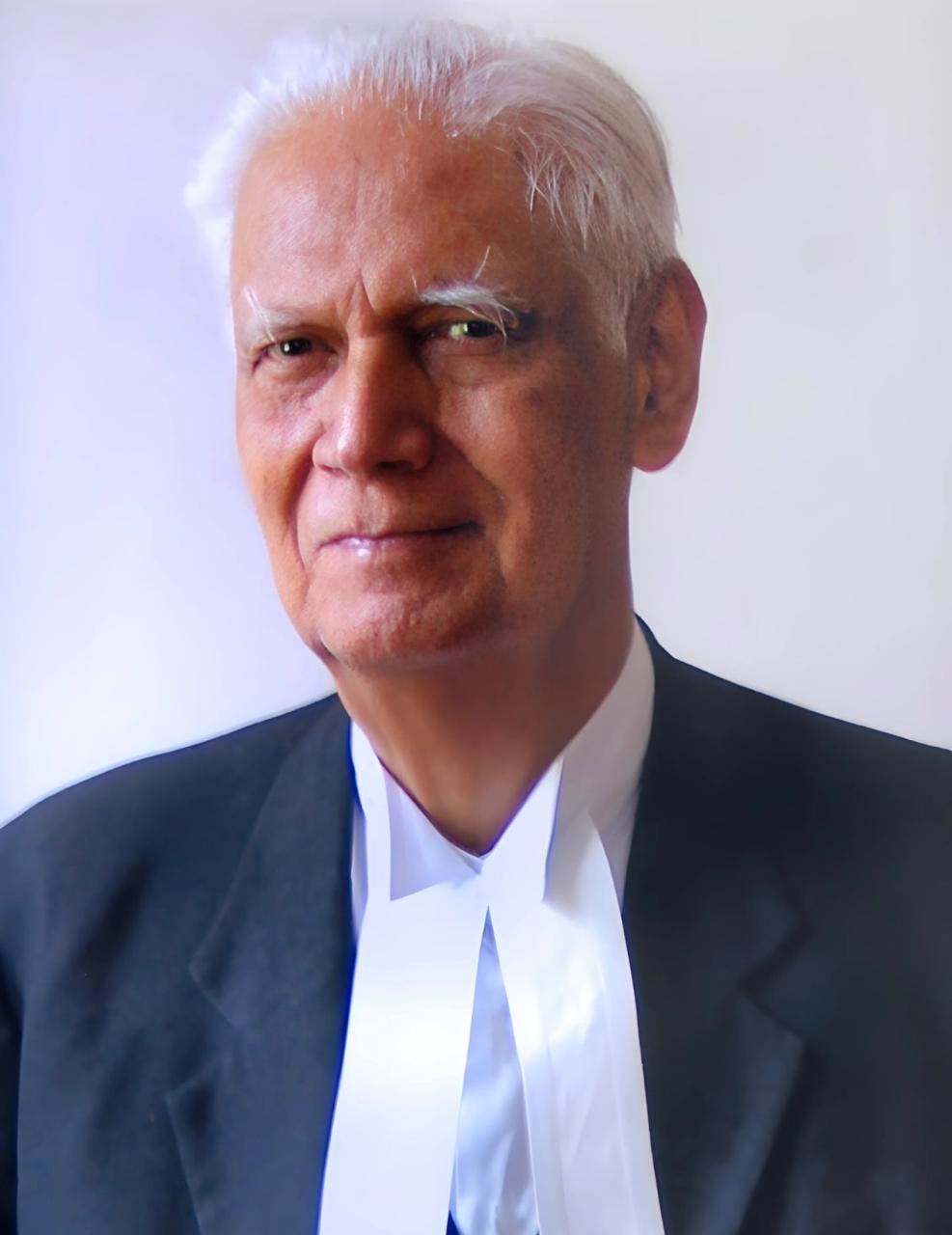About The Centre
The Milon K. Banerjee Centre for Arbitration Law at NALSAR University of Law, Hyderabad (Centre) is conceptualized as a research, training and teaching centre which would serve as a hub for students, legal scholars, practitioners, and policymakers to converge, exchange ideas, educate and contribute to the evolution of arbitration practices. By focusing on state-of-the-art methodologies and staying abreast of global trends, the Centre endeavours to play a pivotal role in shaping the future landscape of arbitration in India.
The Centre shall be guided by the esteemed leadership of:
- Justice Rohinton Fali Nariman [Retd.] – Chair
- Sr. Adv. Gourab Banerji – Donor & Patron
- Sr. Adv. Ritin Rai – Co-Chair
The research initiatives of the Centre shall be spearheaded by distinguished alumni of NALSAR University of Law:
- Dr. Amit George, Advocate (Class of 2009) – Director [Research]
- Ms. Shreya Parikh, Advocate (Class of 2011) – Associate Director [Research]
- Ms. Chand Chopra, Advocate (Class of 2012) – Associate Director [Research]
The Centre was launched on the 15th of February, 2025, in the august presence of the distinguished leadership as well as esteemed invitees, including judges of the Telangana Bench and members of the Bar.
Milon K. Banerji:
An Enduring Legacy

Milon Kumar Banerji (c. 1929 – 20 July 2010) was an Indian jurist who served as the Attorney General of India from 1992 to 1996 and again from 2004 to 2009 serving under Prime Ministers PV Narasimha Rao and Dr. Manmohan Singh respectively. He was also the Solicitor General of India under from 1986 to 1989 and the Additional Solicitor General of India from 1979 to 1986.
Mr. Banerji graduated from Allahabad University in 1950 where he was the General Secretary of the Allahabad University Student’s Union during the partition. He left for Clare College, Cambridge. He was called to the Bar by Lincoln’s Inn in 1953 and obtained a research diploma in international law in Cambridge. He was elected to the Grotius Society of London and represented both Cambridge and Allahabad University in Badminton.
Mr. Banerji started his practice in the Allahabad High Court in 1955 under Pandit Kanhaiya Lal Mishra (Senior Advocate, freedom fighter and Advocate General of Uttar Pradesh from 1952 to 1969) but left for the Calcutta soon. During the heydays of the Calcutta High Court, he steadily amassed a roaring practice in commercial, constitutional and arbitration matters. He was renowned as a leading original side practitioner during the golden days of the Calcutta High Court and was designated a Senior Advocate in 1972. During that time, he taught part-time in Law College of Calcutta University and worked as a law reported for the Indian Law Reports, Calcutta. He finally moved to Delhi in 1979 when he was appointed as Additional Solicitor General of India.
During his stint as Attorney General of India, Mr. Banerji came to be known for his independence and candour. For instance, he advocated for the primacy of the opinion of Chief Justice of India for appointment of judges and he had the distinction of being the only Attorney General of India to address the Union Parliament on the context of rising acrimony about the powers of the Election Commission.
He has appeared in numerous arbitration cases before the Supreme Court some of which have resulted in reported judgments changing the course of arbitration jurisprudence in the decades to come: Sumitomo Heavy Industries Ltd. v. ONGC Ltd., (1998) 1 SCC 305 (enforcement of foreign awards under the New York Convention), Irrigation Deptt., Govt. of Orissa v. G.C. Roy, (1992) 1 SCC 508 (interest pendente lite), Hind Builders v. Union of India, (1990) 3 SCC 338 (unreasoned award and interest pendente lite), , State of Orissa v. Lall Bros., (1988) 4 SCC 153 (unreasoned award) and Raipur Development Authority v. Chokhamal Contractors, (1989) 2 SCC 721 (interplay of administrative law and arbitral awards).
Though known for his distinguished service as a law officer, Mr. Banerji was also an accomplished international lawyer who was taught by Sir Hersch Lauterpacht, known as one of the consequential scholars of international law. He was, for many years, head of the Indian National Group at the Permanent Court of Arbitration in The Hague.
In the early 1990s, he was a member of the Permanent Court of Arbitration at the Hague. In 2005, he was awarded the Padma Vibhushan and was elected as an Honorary Bencher of Lincoln’s Inn.
